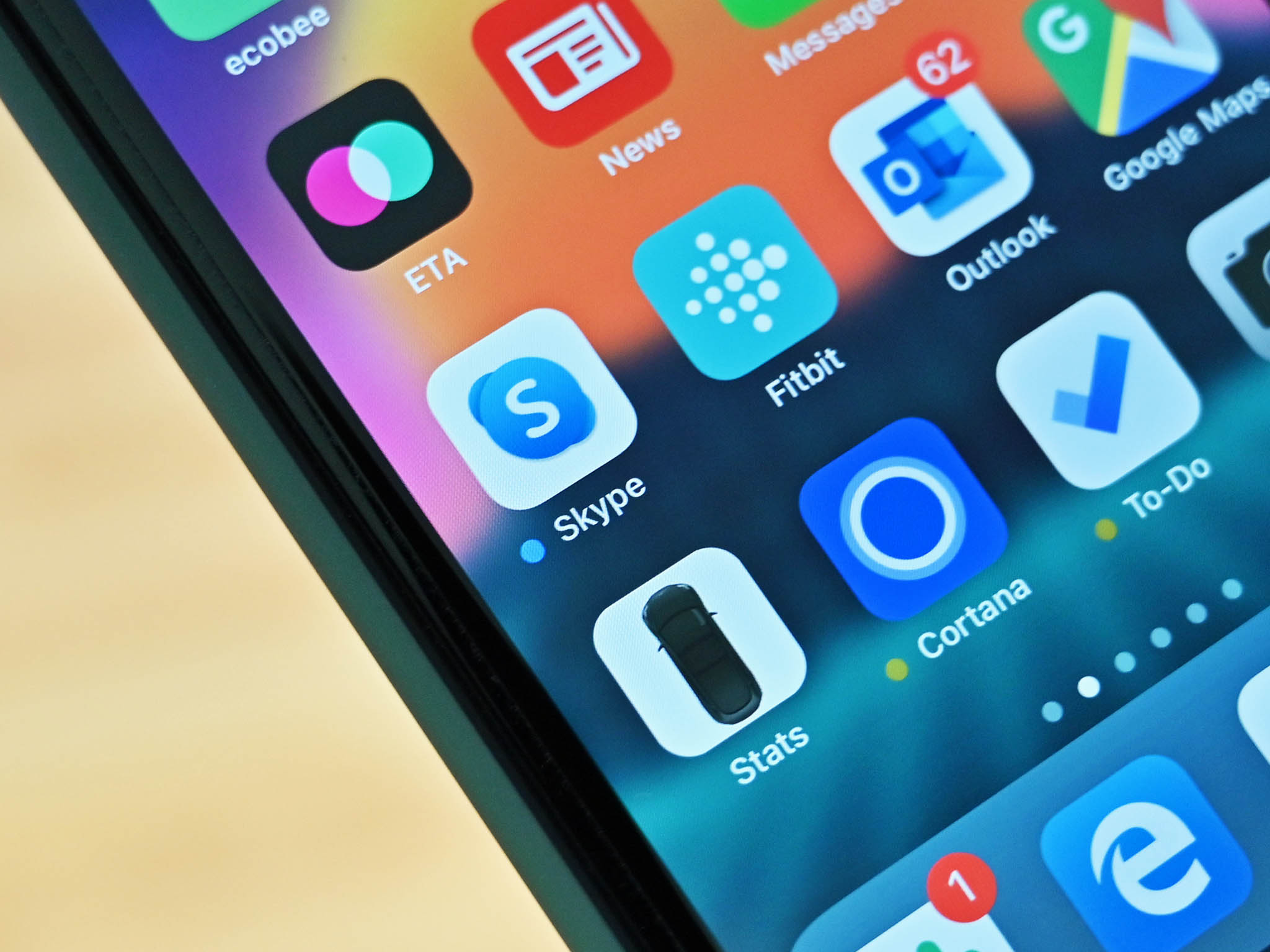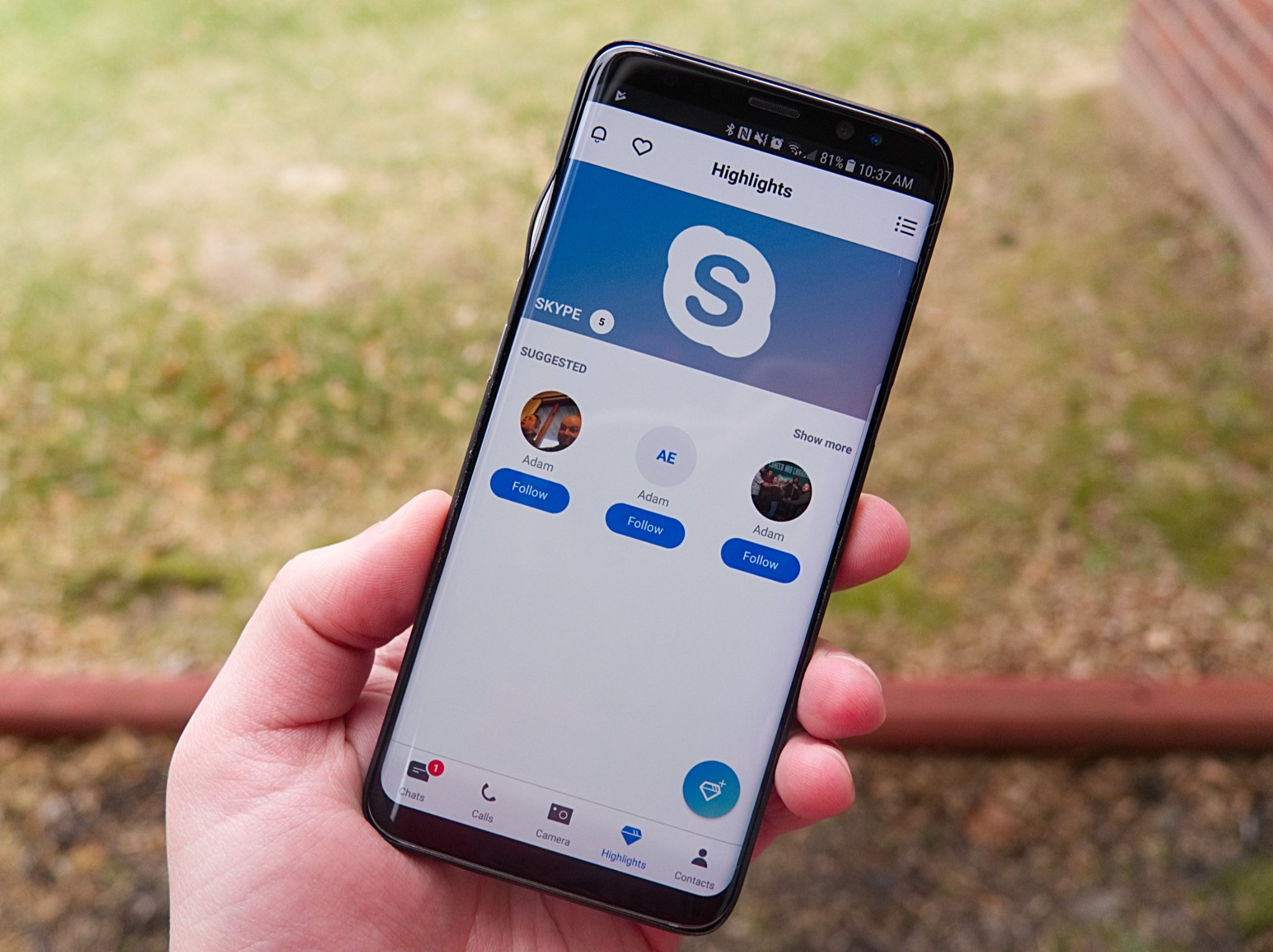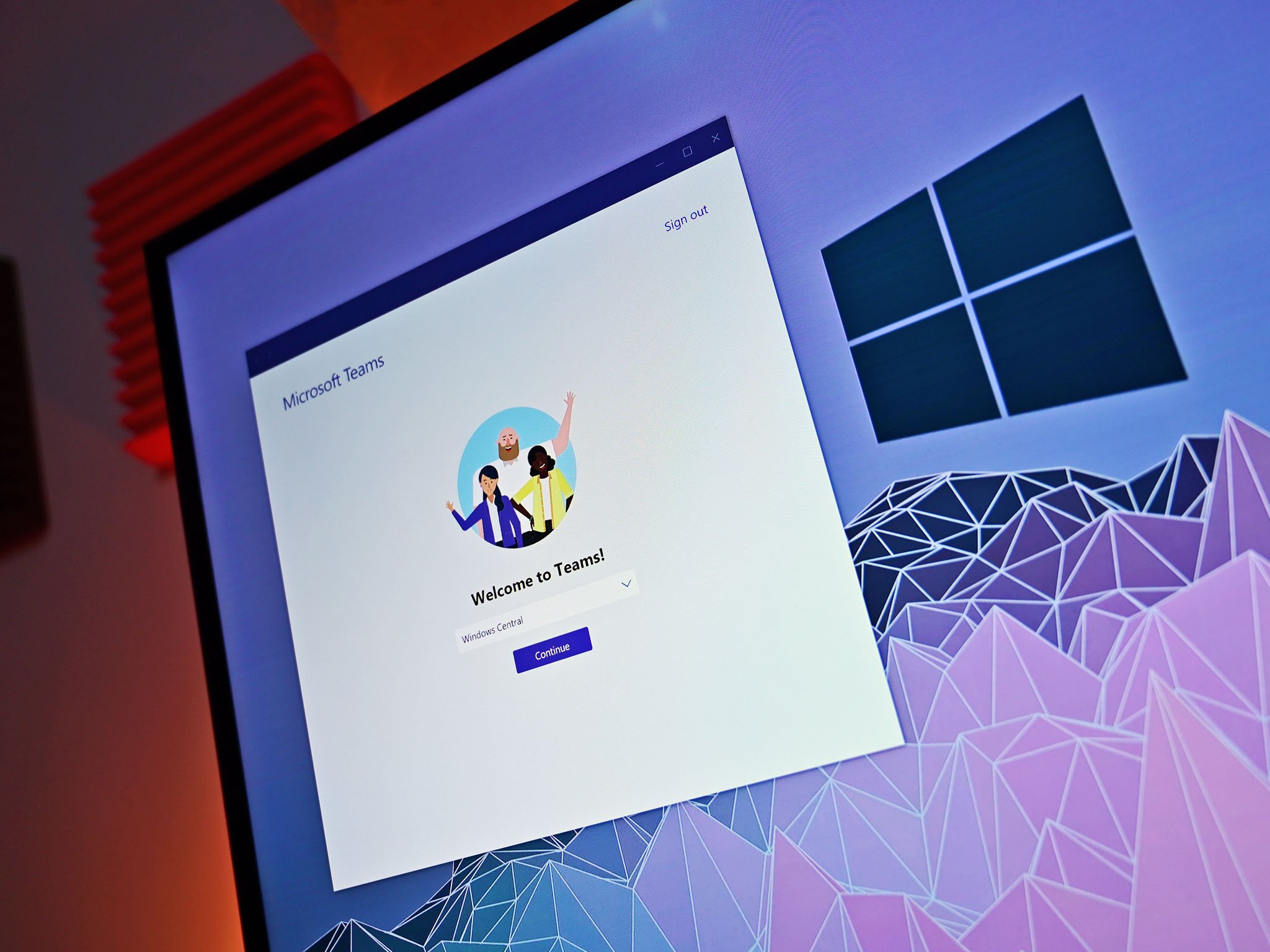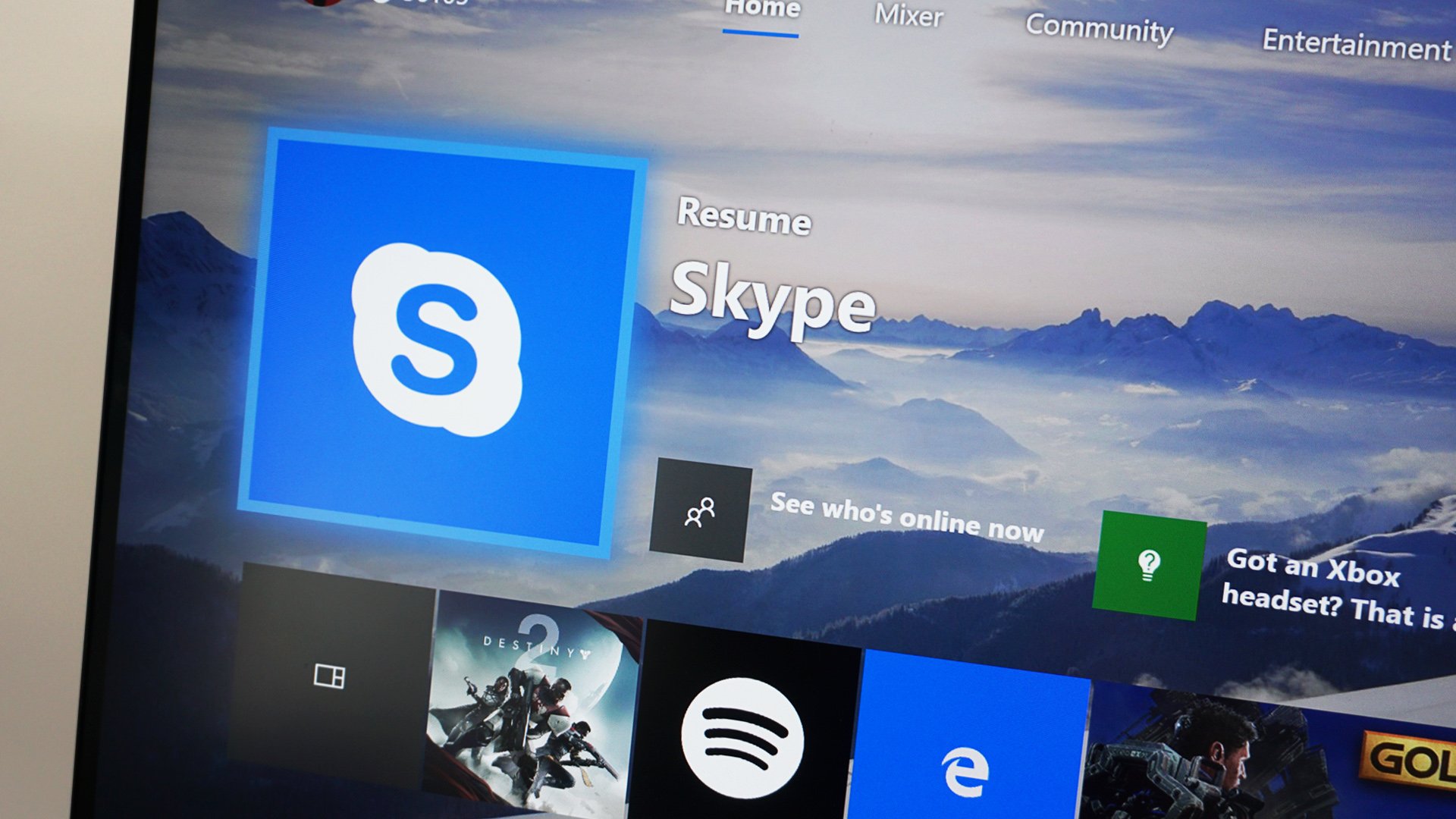Experts weigh in on the future of Skype and Microsoft Teams Consumer
Industry analysts give us a better idea of what to expect.


Microsoft, much like a bullet, moves in one direction: Forward. Things that can't keep up get retired, and things that can are enabled to ride the wave. It's the strategy of any efficient company, but for the consumers using its products, there can sometimes be casualties.
That's why it was somewhat surprising to see Microsoft hire a new executive with the word "Skype" in his job title. Manik Gupta, the new corporate vice president of Microsoft Teams Consumer, Skype, and GroupMe, has been tapped by the tech giant to lead its consumer apps into the future. The question is: What future is that, exactly?
Windows Central reached out to experts to get an idea of where Skype and Teams Consumer may be headed, given their overlap.
Skype and Microsoft Teams Consumer: Room for both?

When asked about the trajectory of the two Microsoft apps, IDC Research Director Wayne Kurtzman highlighted a reason Skype may still be in discussions for the foreseeable future.
"Skype was likely heading into the sunset when Covid hit," Kurtzman said. "The Skype logo became more prominent as it was often seen on news broadcasts and streams."
However, public recognition isn't everything. Sometimes an existing service doesn't afford the same opportunities as what a company envisions its successor as being capable of, in which case, the former's recognizability isn't enough to save it.
"The question for Microsoft is do they really want to support two products, or just one. (Hint: Just one)," Kurtzman continued. "There is brand visibility they can and should shift to Teams. User behavior being what it is, Microsoft may need a new slimmed down, really easy to use, Teams conferencing option to replace Skype."
Get the Windows Central Newsletter
All the latest news, reviews, and guides for Windows and Xbox diehards.
Skype and Microsoft Teams Consumer: Two kings, one kingdom

While it's certainly possible Microsoft could go the economical route and consolidate its efforts to a single app, there is room for it to go the other way and embrace duality, or go even further and revert to letting Skype drive consumer-facing efforts. Moor Insights & Strategy Senior Analyst Anshel Sag weighed in on this perspective.
"Once Microsoft really started to lean into Teams, it seemed like Skype became a 2nd-class citizen," Sag stated. "I could see Skype being revived or revitalized to be more consumer-friendly and possibly the spear of Microsoft's consumer strategy because at this moment Teams for consumers seems very confusing and not that consumer-friendly."
With regards to the appointment of Gupta, what he could bring to the table, and the direction Microsoft could take for consumer endeavors as a whole, Sag provided feedback. "I think Skype and Microsoft's consumer communications strategy needs a revamp because Skype started out as a consumer product that became an enterprise product."
Skype and Microsoft Teams Consumer: The exec factor

CCS Insight Principal Analyst Angela Ashenden provided her thoughts on Gupta's new role as well, highlighting what it might represent for Microsoft as a whole given the exec's consumer-facing experience from his time at Uber and Google, among other companies. "Gupta's experience in this arena is the company's latest attempt to get to grips with the consumer opportunity — this was also part of the thinking behind its attempted acquisitions of Discord, Pinterest and TikTok: Helping the company to become a credible consumer app player, and bringing another dimension to its innovation strategy," she said.
Ashenden went on to reinforce what Sag and Kurtzman highlighted: Skype's visibility. Of all of Microsoft's apps, few names are as widely recognized as Skype, which many consider to be the home of the video call.
"Microsoft has no formal plans to ditch Skype yet, but much of that will be because Skype still has a considerable user base in the consumer space," Ashenden stated. "We even see it in enterprises too — our latest survey of employees showed that 11% use the consumer-focused Skype app for business purposes. (For context, 16% use Skype for Business and 30% use Teams.)"
With that being said, she also seconded what Kurtzman mentioned in that when it came to long-term goals, supporting one product would likely be Microsoft's plan if it were feasible to drop the straggler. However, she questioned whether the complex, feature-laden Teams would be able to attract consumers in the same way that Skype and in its inherent simplicity did.
Skype and Microsoft Teams Consumer: Who really knows?
At the end of the day, the two entities that know what the future of Skype and Teams Consumer will be are Manik Gupta and Microsoft. But it's fun to speculate nonetheless, especially given the likelihoods of the aforementioned forecasts coming to fruition.
Do you want to see Teams take over as Microsoft's one-stop shop for all things related to consumer communications when the era of Windows 11 fully kicks in and the best Windows 10 apps are replaced? Or would you rather Skype maintain its position as the simple, slim alternative that will stand the test of time by sheer force of its own popularity? Let us know in the comments below.
Robert Carnevale is the News Editor for Windows Central. He's a big fan of Kinect (it lives on in his heart), Sonic the Hedgehog, and the legendary intersection of those two titans, Sonic Free Riders. He is the author of Cold War 2395. Have a useful tip? Send it to robert.carnevale@futurenet.com.

